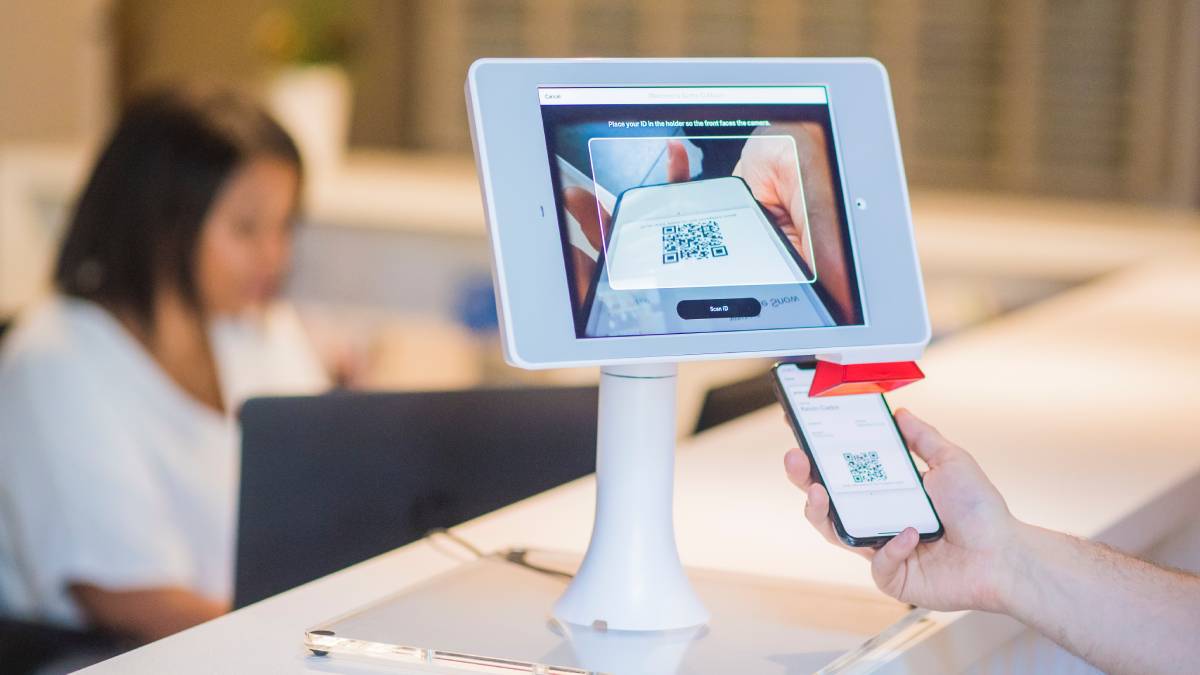What's the first thing you can think of when you hear the word 'kiosk'? Do you see a self-service kiosk where you can purchase movie tickets at the mall? Or a fast food hotel terminal where you can place your food order? Perhaps you picture an ATM where you can get cash whenever you want and wherever you are.
All these are correct, but kiosks go beyond just these scenarios. These versatile devices can help you with their interactive and informative applications across various departments. Read on to explore what kiosks are, how they operate, and the ways they enhance efficiency and convenience in our daily lives.
Defining Kiosks: More than Meets the Eye
Let's get started at the beginning. Kiosks are independent interactive terminals that can offer customers information, goods, or services. You can use a vending machine to get a bag of chips, or a self-service kiosk can show you where a specific mall store is located.
They enable people to carry out particular jobs without the need for immediate human support.
Types of Kiosks
Let's quickly review the various kiosk categories you might run into:
Informational Kiosks: The main purpose of these kiosks is to disseminate information. They may be found providing maps, directions, event schedules, and other pertinent information at tourist sites, museums, or other public locations.
Transaction Kiosks: With the use of these kiosks, customers may make purchases such as cash withdrawals from ATMs, event tickets, and bill payments.
Interactive Kiosks: Interactive kiosks let customers interact with digital content by looking through product catalogs, perusing course materials, or doing surveys.
Wayfinding Kiosks: Wayfinding kiosks assist users in navigating large spaces like airports, shopping malls, or hospitals. They provide interactive maps and directions to specific destinations within the facility.
Retail Kiosks: In the retail sector, kiosks are commonly used for self-checkout, price checking, and browsing product catalogs. They streamline the shopping experience and reduce wait times.
Food Ordering Kiosks: Fast-food restaurants and cafes often feature touchscreen kiosks for customers to place orders. These kiosks enhance order accuracy and speed up service.
Healthcare Kiosks: Healthcare kiosks allow patients to check in for appointments, provide medical history information, and even measure vital signs like blood pressure. They expedite the registration process and improve patient flow.
The Use Cases of Kiosks
Here are some of the locations where kiosks are most frequently used:
1. Transportation and Travel
Kiosks are used in bus terminals, train stations, and airports for check-in, ticketing, and navigation. Additionally, airlines use self-service kiosks for bag check and passenger boarding cards.
2. Retail Stores
Retailers use kiosks to self-checkout, verify prices, and provide product information. Through shorter lines and easy access to inventory, they improve the shopping experience.
3. Healthcare
Patient registration, appointment check-in, and health information retrieval are all handled by kiosks in healthcare institutions. Patients can easily enter their information and view medical records.
4. Hospitality
Hotels often feature self-service kiosks for guest check-in and key card issuance. These kiosks expedite the arrival process and improve guest satisfaction.
5. Food Service
Restaurants, fast-food chains, and cafes employ food ordering kiosks. You can use them easily to streamline the ordering process, reduce errors, and allow customers to customize their orders.
Summing Up
Understanding how kiosks operate sheds light on the technology that drives modern self-service solutions. As technology continues to evolve, so too will the capabilities and ubiquity of these indispensable devices.
Kiosk solutions need advanced Mobile Device Management (MDM) software to function optimally. This will help you centralize your kiosk management no matter how widely distributed they are. Quantem.io, a leading MDM solution provider, has emerged with a powerful kiosk solutions software. Click here to learn more.




